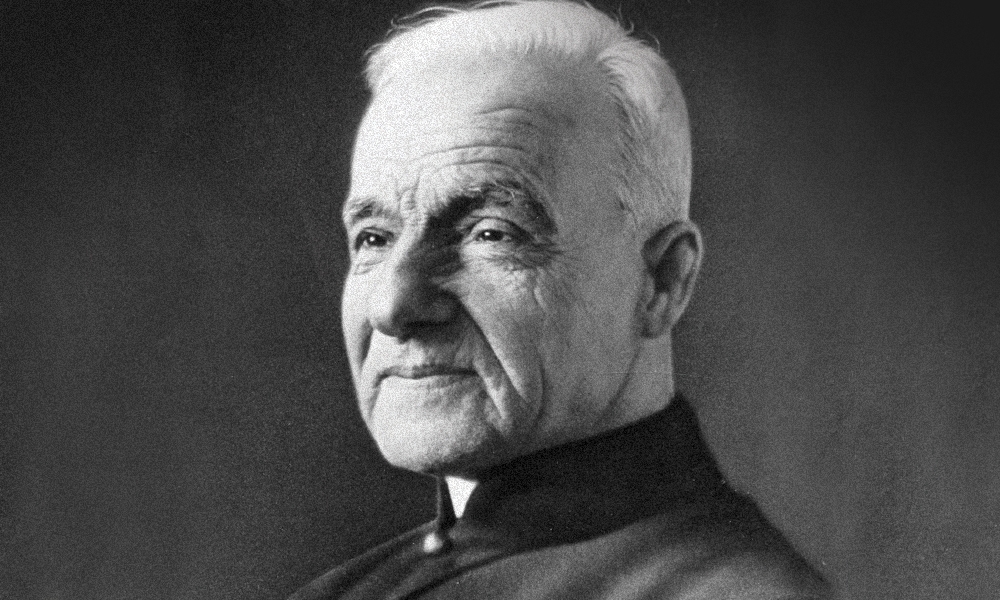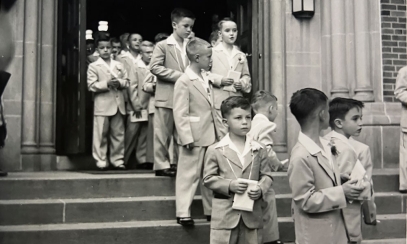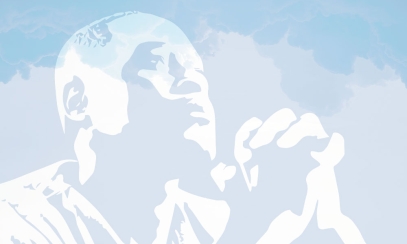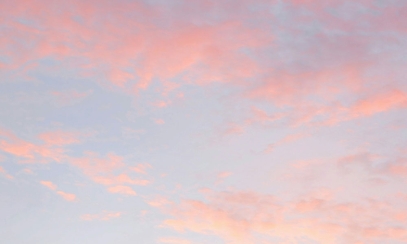
Choices, Contributions and Healing — and Thanks to God’s Doorman
America is the land of opportunity, with no social class structure or hurdles to upward mobility, or is it? On the contrary, our social classes exist and present many opportunities, and many barriers.
America is the land of opportunity, with no social class structure or hurdles to upward mobility, or is it? On the contrary, our social classes exist and present many opportunities, and many barriers.
Here are some examples of these groups: ruling (government), professional (medical), merchant (business/sales), warrior (military), gladiators (professional sports), jesters (entertainment), service (hospitality), labor (construction).
Each class would seem to have its benefits, privileges, risks and sacrifices, and all are certainly of value. Some use mind, others body; some focus on economic structure, others infrastructure; some seem to have more fun, while others take more risks, physically or financially; and still others pay the ultimate sacrifice. Thank God for all of them and the important role each plays in our society.
However, these groups stay together. It is rare to see members of one cross the invisible barrier to another. For example, unless you happen to be one, do you hang out with professional athletes or movie stars? When was the last time you invited your plumber, senator, physician or waiter over for dinner? People tend to gravitate toward and feel comfortable with members of their own group.
The overriding issue here is that everyone should, and will, contribute to their community and society in some way, whether to uplift or detract. The only question is whether you are going to choose the way you contribute or if society is going to choose for you.
As an example we have the life of Alfred Bessette, born into poverty in Quebec in 1845. He offers an interesting illustration of someone who chose yet another social class — the religious life. More importantly, he chose how to live the requirements of that life in a productive and happy way that contributed more than his humble origins would suggest possible.
Orphaned at age 12 and poorly educated, Alfred tried to find factory work in the United States. Failing in this effort, he returned to his hometown where his childhood pastor recognized his inherent goodness and encouraged him to consider a religious vocation.
Alfred made that choice and applied to the Congregation of Holy Cross in Montreal (the same order that runs my alma mater, the University of Notre Dame in the United States). His pastor sent along with him a note that said, “I am sending you a saint.” However, even with that strong recommendation, his entrance into the congregation was no guarantee, because his skills and ability to contribute were so limited.
Still, the order accepted him and assigned him to be the doorkeeper at a local high school in Montreal. Alfred took the religious name Brother André, and from his humble post he offered prayers for the many people who came through his door. Those prayers began to lead to great miracles of healing.
As time went by, this simple doorman acquired such a reputation for prayer and healing that thousands of people flocked to see him. So many visited that the congregation moved Brother André across the street to a trolley station to accommodate the crowds.
In his new surroundings, André saved the nickels he charged for haircuts until he had $200, which he used to build a small shrine to his favorite saint, Joseph, in 1904. There he continued to receive the multitudes who came to pray with him. When Brother André died in January 1937 at the age of 91, an estimated one million people braved the bitter cold of Montreal to pay their respects.
Today, that little shrine has become the Oratory of St. Joseph, a majestic, minor basilica and national shrine. It is dedicated to God and the memory of the humble man who made his contribution as a doorman, opening his heart and arms to pray with those in need.
“The work we carry out is of no importance,” Mother Teresa told us. “Whether we work for the rich or on behalf of the poor … what is important is only the love we put into carrying out our job.”
While it is to anyone’s advantage to begin making proper choices at a young age, it is never too late to take a new and better course of action. In fact, we can begin to create a new life for ourselves with the very next choice we make.
Brother André’s life is an example of how one man’s simple service led to a wonderful, enriched life and an immense contribution to his community and the healing of others. It also reminds us that we don’t have to aspire to prestigious or lucrative social classes to be happy and fulfilled.
“God’s doorman,” as he was known, was declared a saint in 2010.
Thomas Dorsel, Ph.D., is professor emeritus of psychology and a graduate of the University of Notre Dame. He lives on Hilton Head Island with his wife Sue and is a parishioner at St. Francis by the Sea Church. Visit him at dorsel.com.



